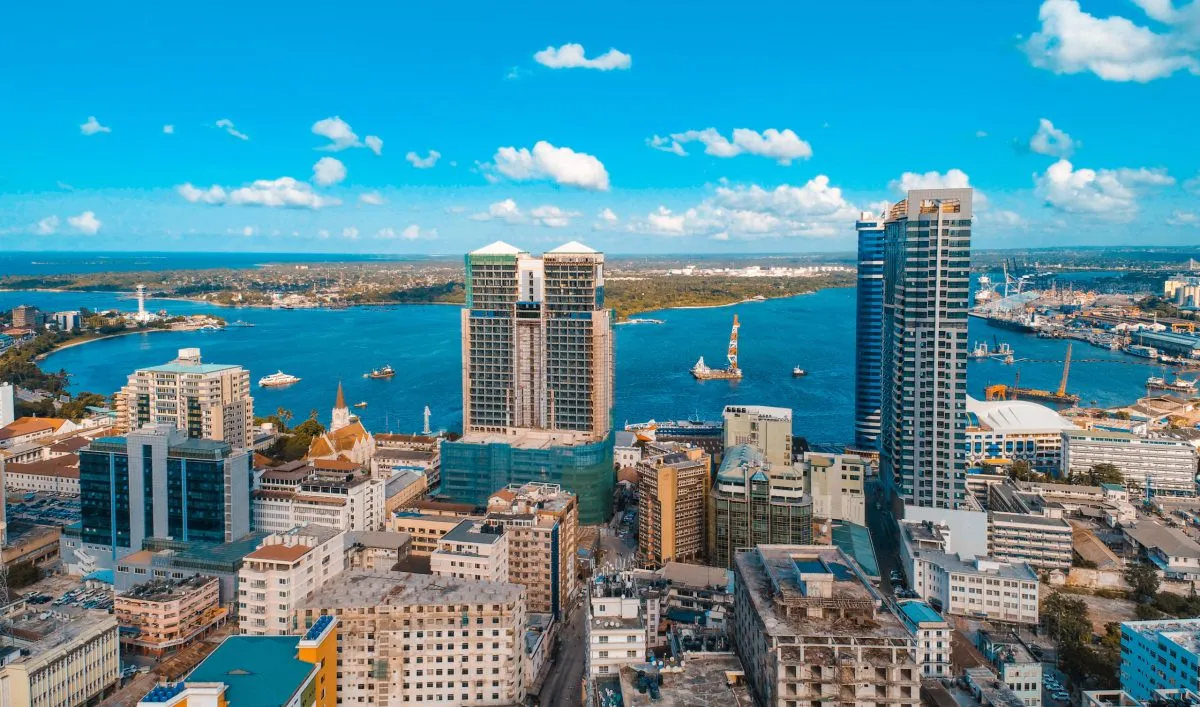As African Heads of State prepare to gather in Dar es Salaam for the Africa Energy Summit in January 2025, the spotlight will be on “Mission 300,” a bold electrification initiative spearheaded by the World Bank and the African Development Bank. This ambitious initiative, announced last April by the President of the African Development Bank Dr Akinwumi Adesina and World Bank President Ajay Banga, aims to provide electricity access to 300 million Africans by 2030. Currently, Africa is home to nearly 83% of the world’s unelectrified population, with 600 million people lacking electricity. This forces many to continue relying on firewood, charcoal, or costly and polluting generators for their energy needs.
Mission 300 seeks to transform this scenario, but its success hinges on robust support from the highest levels of government, making the upcoming summit in Tanzania especially timely. Dr. Kevin Kariuki, Vice President for Power, Energy, Climate, and Green Growth at the African Development Bank, emphasised that the summit – which will bring together heads of state, ministers, international and regional organisations, civil society and private sector partners – will play a pivotal role in accelerating the implementation of Mission 300.
Agree on reforms
“The goal is to agree on a unified set of reforms to achieve universal access to affordable, reliable, sustainable, and modern energy by 2030, aligning with the United Nations Sustainable Development Goal 7 and the African Union’s Agenda 2063,” he said.
During the summit, African leaders are expected to adopt and endorse an Africa Energy Compact. Development partners, led by the African Development Bank and the World Bank, will pledge additional financial resources to meet the initiative’s objectives. Fifteen pilot countries—Burkina Faso, Chad, Côte d’Ivoire, Democratic Republic of Congo, Liberia, Madagascar, Mali, Malawi, Mauritania, Mozambique, Niger, Nigeria, Senegal, Tanzania, and Zambia—have been invited to endorse deep dive Country Energy Compacts tailored to their specific needs.
These countries collectively represent 52% of the global population without electricity and one-quarter of the world’s population without access to clean cooking solutions.
The World Bank Group and the African Development Bank Group, in collaboration with the Rockefeller Foundation, the Global Energy Alliance for People and Planet, and SEforALL, will develop the Africa Energy Compact. This framework document will outline the commitments of governments to key principles and reforms essential for achieving Sustainable Development Goal 7. The Africa Energy Compact will include general principles endorsed by the 54 Heads of State, while the detailed compacts for the 15 pilot countries will feature country-specific indicators and targets, such as expanding least-cost generation, deepening regional integration, enabling last-mile access for clean cooking and electricity through distributed renewable energy solutions, incentivizing private sector participation, and ensuring financially viable utilities.
Building on momentum
Independent Development Evaluation (IDEV), which evaluates the African Development Bank’s projects, policies, and strategies, reports that between 1999 and 2019, the Bank committed nearly $18 billion to 306 energy projects across its Regional Member Countries. Almost half of these funds were allocated to power generation.
Building on this momentum, the ambitious Mission 300 initiative will unlock even more energy financing from the public, private and philanthropic partners. The upcoming Energy Summit in Tanzania will therefore be crucial, as African leaders are expected to commit to a concrete plan and specific reforms to drive both public and private investments in the energy sector.
“This isn’t business as usual; it’s the World Bank and African Development Bank massively scaling up — working at more than twice the pace they have in the past,” says the Rockefeller Foundation, one of the philanthropic partners backing the initiative. “Mission 300 is off to a great start. We need to keep up the momentum and bring in many new partners to realize the ambition laid out by the World Bank and the African Development Bank.”
This article is part of a series produced in collaboration with the African Development Bank in light of its sixtieth anniversary. Please visit our dedicated portal to read about the Bank’s history and its activities on the continent.
Want to continue reading? Subscribe today.
You've read all your free articles for this month! Subscribe now to enjoy full access to our content.
Digital Monthly
£8.00 / month
Receive full unlimited access to our articles, opinions, podcasts and more.
Digital Yearly
£70.00 / year
Our best value offer - save £26 and gain access to all of our digital content for an entire year!

 Sign in with Google
Sign in with Google 



